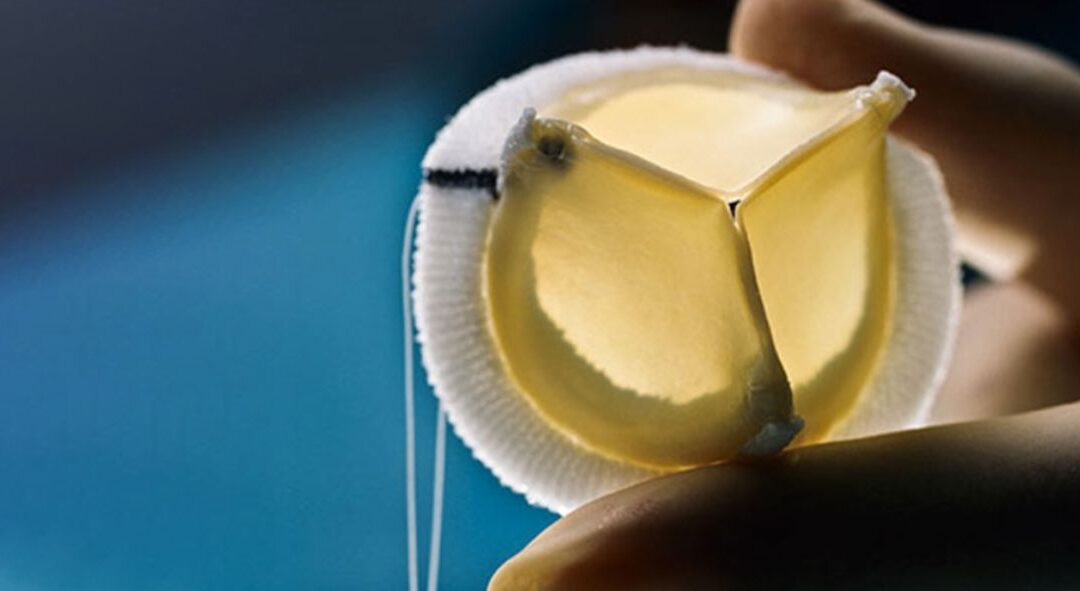Pigs play an important role in the overall health and wellness of millions of people around the world. While harvesting pigs for food is a commonly known practice, what the general population might not see is the benefit of processing pigs after they have been harvested for food. Porcine materials and other pig co-products are used in a wide variety of industries that positively affect humans and other animals. One of the biggest ways pigs play an important role in our lives is through their use in biomedical research.
Porcine Materials in the Medical Field
Porcine materials are used to make advances in medical sciences and patient care.
Pigs have a wide use in both the medical field and public health due to their similarities with humans. Pig organs are very similar to our own, and their internal systems are alike as well. Since they are omnivores like us, pig organs function in a comparable manner to organs of the human body, and pigs can also experience some of the same medical issues we do. Because of these striking similarities, porcine medicine materials are often used in medical devices to treat various injuries or conditions in human beings.
Xenotransplantation
In the field of transplant surgery, where rejection is always a potential issue, porcine materials are being used to help minimize rejection issues with patients using decellularized tissues and ECM (extracellular matrix) scaffolds. These items give doctors the basic tools and structures to minimize transplant rejection. Decellularized tissues and ECM scaffolds are essentially building blocks that doctors can use to bioengineer other tissues and internal structures that can be used in tissue grafting and other regenerative therapies. Medical devices and therapies using porcine materials have an increased rate of success due to the compatibility of pig co-products. With further research and innovation with porcine materials, restorative therapies and transplant methodologies will make the healing process for many patients even easier.
Benefits of Xenotransplantation
- Addresses the critical issue of reducing the risk of pathogens transferring from the human donor to the recipient. Diseases like West Nile Virus and rabies have tragically been transmitted during organ transplant surgeries, leading to significant fatalities.
- Xenotransplantation could potentially alleviate the shortage of human organs available for transplantation, reducing wait times and saving lives.
SSR Lifesciences derives excellent porcine materials for development of many high-quality medical products. We can source, prepare and deliver customized items in large volumes according to client specifications. From medical training, R&D, pharmaceuticals and medical device development, SSR Lifesciences can partner with you for your research or commercial needs. Please contact Jessica Freeman (jfreeman@https://ssr-solutions.com) or contact us online to set up an introductory meeting.
Let's Collaborate
With SSR and Johnsonville LLC, we offer flexible partnership options. Let's explore how we can work together to achieve your goals.


